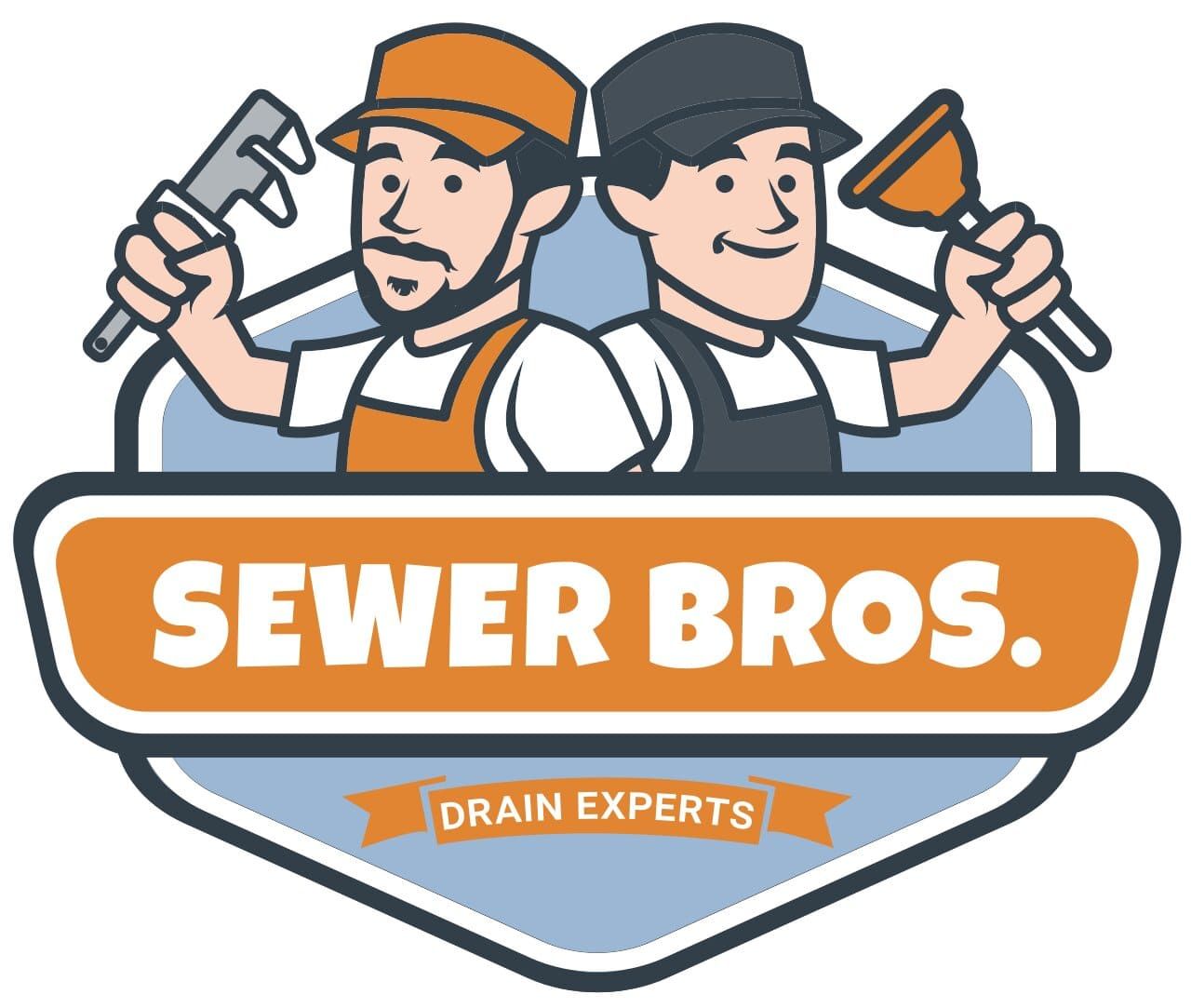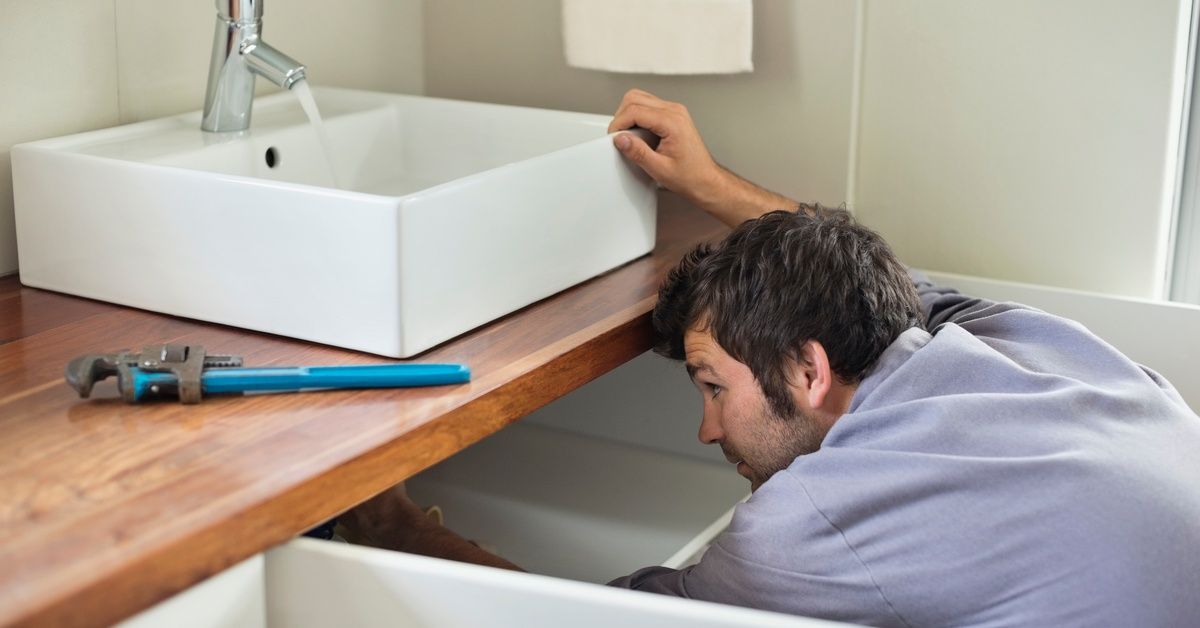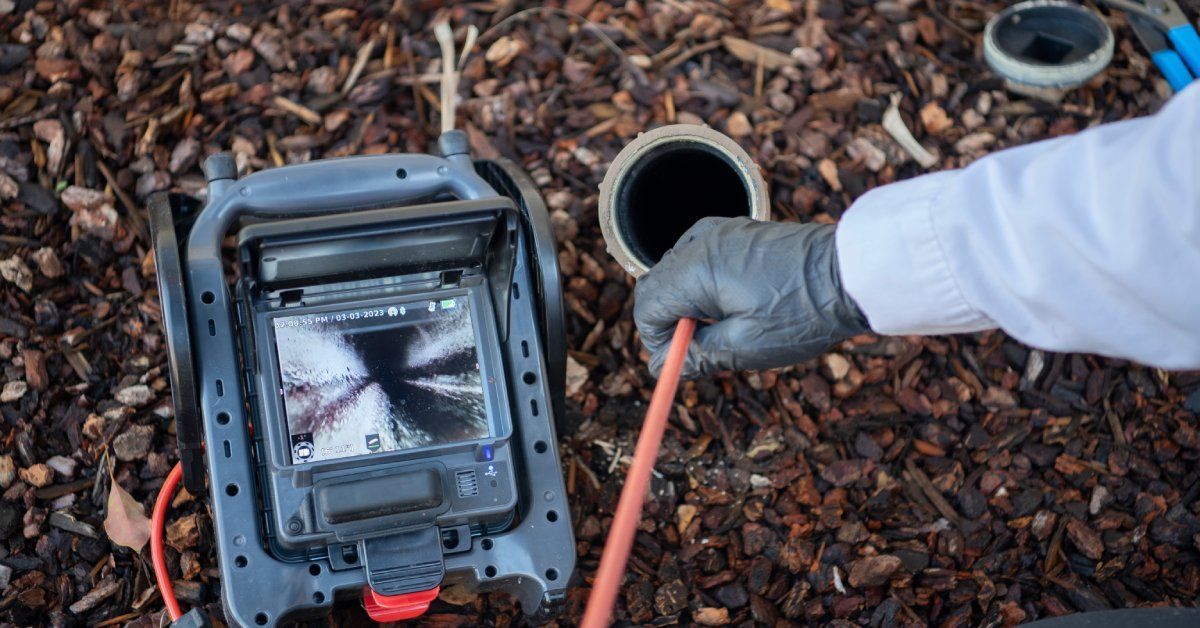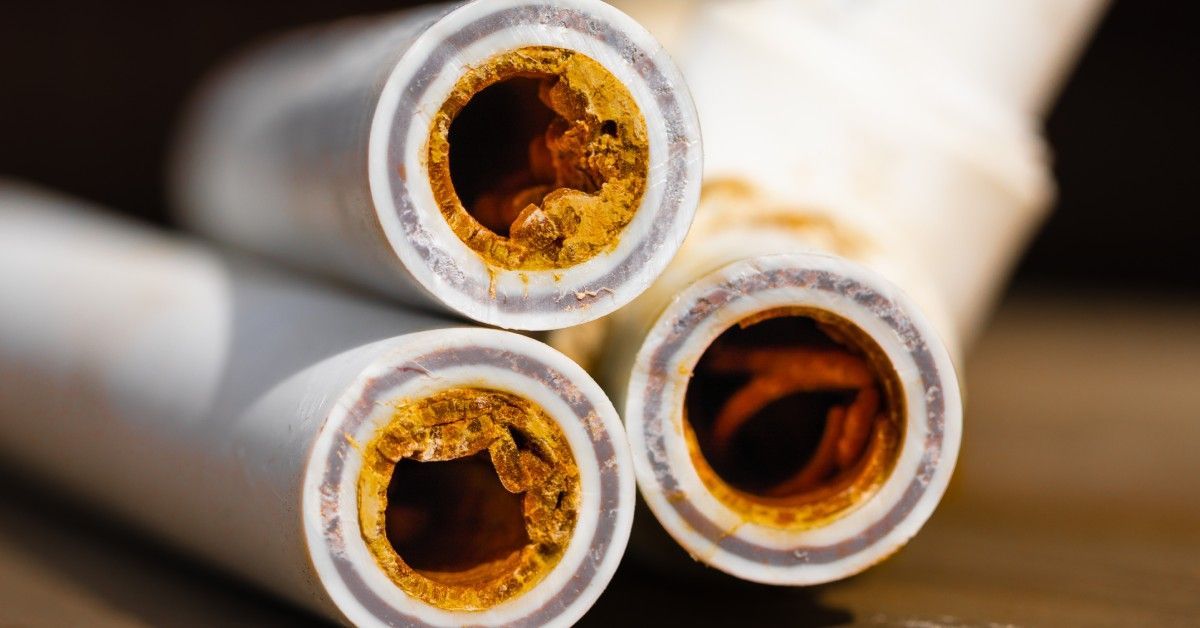Avoiding Sewer Line Clogs in Restaurants and Retail Spaces
Sewer line clogs are an enormous headache, especially in high-traffic commercial properties like restaurants and retail spaces. A blocked sewer line can disrupt operations, inconvenience customers, and lead to costly repairs. Restaurant owners and retail managers must understand the causes of these clogs and implement prevention best practices to avoid these issues.
To better prepare yourself and your team for combating clogs, explore the common culprits behind sewer line clogs, tailored advice for avoiding them in restaurants and retail businesses, and how professional help can keep your sewer system trouble-free, all found below.
Common Causes of Sewer Line Clogs in Restaurants
Sewer line clogs are a common issue in commercial restaurants that work with sinks and lots of drain-clogging materials. Here are some of the most common causes to note so you can start getting to the bottom of this common problem.
Food Waste Buildup in Drain Lines
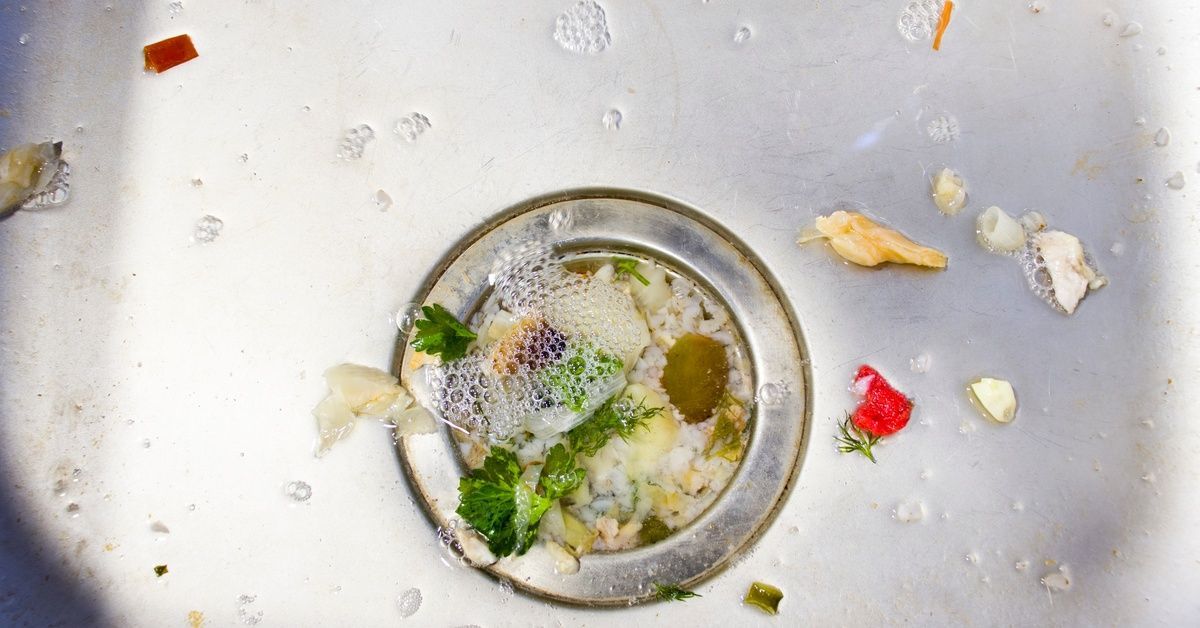
Restaurants produce significant food waste daily, from vegetable peels to leftover scraps. When restaurant workers don’t dispose of food waste properly, it can make its way into kitchen drains and accumulate, narrowing the sewer line over time. Hard solids, such as chicken bones or fibrous vegetable stalks, often contribute to stubborn blockages.
Grease and Fat Deposits
One of the leading causes of restaurant sewer clogs is grease, fats, and oils, also known as FOG (fats, oils, grease). Untrained kitchen staff may rinse these substances down kitchen drains, which allows them to eventually cool and harden inside pipes. Over time, FOG deposits can build up and create significant obstructions in sewer lines.
Incorrect or Overworked Grease Traps
Grease traps are vital for restaurants, but without proper installation or regular service, they cannot contain the FOG properly. An overfilled grease trap allows grease to escape into sewer pipes, leading to faster blockages.
Paper and Hygiene Products in Restroom Drains
Even though restaurants focus on kitchen sewer lines, restrooms can also contribute to blockages. Customers and staff improperly disposing of paper towels, sanitary products, or wet wipes in toilets can result in clogs.
Common Causes of Sewer Line Clogs in Retail Spaces
Commercial spaces, including everything from grocery stores to office buildings, can also experience drain system clogs. No matter what type of commercial space you oversee, familiarize yourself with these common causes to know what to watch out for.
Improper Disposal of Trash or Packaging
Retail spaces often generate trash, including packaging materials such as shrink wrap, paper, or cardboard. If these items make their way into industrial drains in warehouses or other work environments, they can clog drain lines. Workers may even mistakenly try to dispose of materials this way for convenience, creating an expensive issue over time.
Heavy Use of Restrooms
Retail stores hosting large customer volumes daily often have heavily-used restrooms. Customers can mistakenly flush paper towels, tissues, wet wipes, and other hygiene products down retail toilets. Without proper monitoring or clear signage, improper disposal habits can magnify clogs in commercial settings.
Old, Outdated Sewer Infrastructure
Some older retail properties may feature aging plumbing systems that are more vulnerable to clogs. Tree roots infiltrating outdated pipes or pipes made from inadequate materials often exacerbate clog risks.
Cleaning Solutions and Chemicals Affecting Pipes
Retail stores tend to use industrial-strength cleaning chemicals for maintaining hygiene standards. Excessive or improper disposal of these chemicals into drains can corrode pipes over time, leading to debris accumulation and eventual blockages.
How Restaurants Can Prevent Sewer Line Clogs
Preventing sewer line clogs is essential for maintaining efficient operations and avoiding costly repairs. By adopting proactive measures, restaurants can protect their drainage systems and ensure seamless daily functionality. Here are some strategies for preventing clogs.
Proper Food Waste Disposal Policies
Implement strict policies for food waste disposal to prevent clogging kitchen drains. Have staff scrape plates into the trash before washing, and avoid flushing fibrous food items or hard solids down sinks. Installing sink drain strainers can help catch food particles before they can slip through.
Regular Grease Trap Maintenance
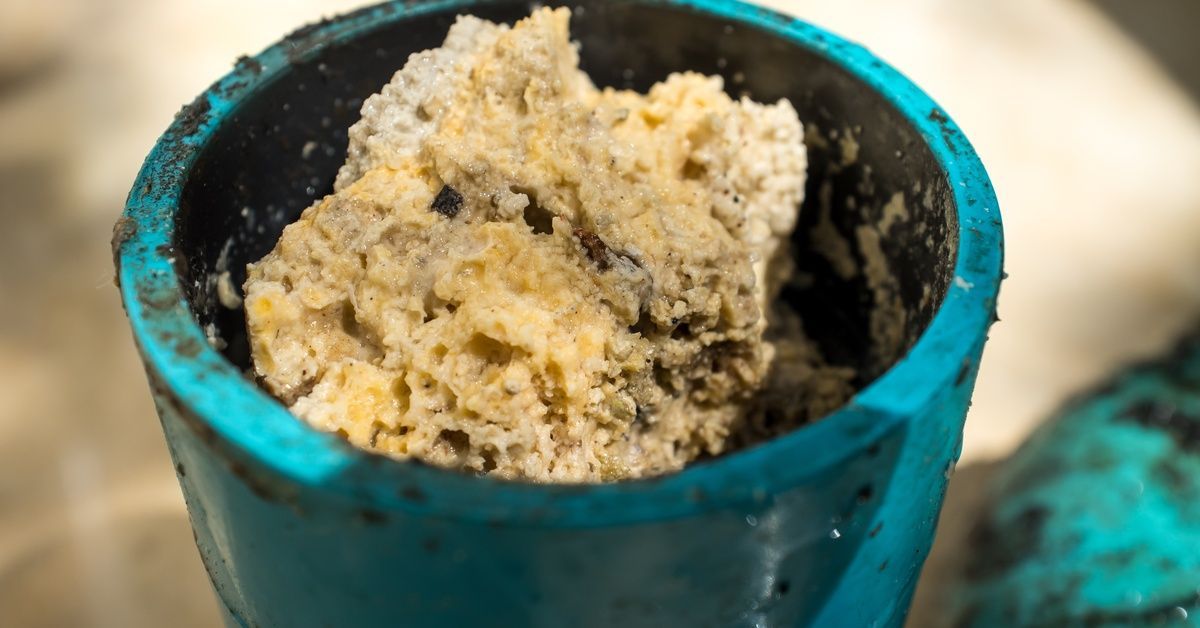
Grease buildup is one of the biggest issues for restaurant clogs, so be sure to monitor grease practices closely. Prioritize professional maintenance for grease traps and empty them regularly to prevent overflowing. Regular inspections will confirm traps are working efficiently and that they capture as much FOG as possible before it enters your sewer lines.
Train employees to avoid rinsing grease, oils, and fats down sinks and drains. Educating kitchen staff about drain maintenance techniques will reinforce long-term care for drainage systems and support compliance with local regulations.
Restroom Signage and Waste Bins
Place clear signage in restrooms asking customers not to flush non-biodegradable items like paper towels or wipes. Ensure restrooms are equipped with accessible waste bins to minimize improper disposal of hygiene products.
How Retailers Can Prevent Sewer Line Clogs
Preventing sewer line clogs is essential for maintaining efficient operations and avoiding costly repairs. By implementing proactive measures, retailers can protect their plumbing systems, ensure a sanitary environment for customers and staff, and comply with local wastewater management standards. Here are some best practices to follow.
Encourage Responsible Waste Disposal
Train staff to dispose of trash and packaging materials responsibly, avoiding drains or toilets. Provide adequate garbage disposal units in store areas, break rooms, and restrooms. Create standard operating procedures for waste management.
Install High-Capacity Bathroom Facilities
Retailers should install high-capacity toilets and sewer systems designed to withstand heavy usage. High-efficiency flush toilets reduce risks of clogs and minimize water waste. Schedule regular maintenance to ensure these fixtures remain effective.
Monitor Chemical Usage
Dispose of any cleaning chemicals you use in accordance with their recommended guidelines. Avoid excessive or repeated chemical drain cleaning to prolong the lifespan of store plumbing systems.
Schedule Routine Drain Inspections
Partner with professional drain line services to conduct regular inspections of sewer lines and plumbing infrastructure. Identifying small issues early prevents them from escalating into costly, disruptive problems.
Where to Find the Best Professional Drain Line Solutions
When it comes to maintaining clog-free commercial sewer lines, nothing beats professional help. That’s where The Sewer Bros step in. Our team specializes in providing tailored drain and sewer line solutions for restaurants and retail spaces. With years of experience and cutting-edge equipment, we ensure efficient results with minimal disruption to your operations.
When you need drain camera inspection services Salem, MA, reach out to us today to learn how we can support the efficiency of your plumbing and sewer systems. Don’t wait until a blockage wreaks havoc on your business—act now to keep your operations running smoothly.
Keep Your Sewer Lines Flowing Smoothly
Preventing sewer clogs in restaurants and retail spaces starts with understanding the causes and implementing thoughtful prevention strategies. From educating employees to scheduling regular maintenance, proactive measures safeguard your business from costly interruptions.
When you need support, trust The Sewer Bros to deliver reliable, professional services tailored to your business. Get in touch today and protect your property from the hassle and expense of sewer line clogs.
